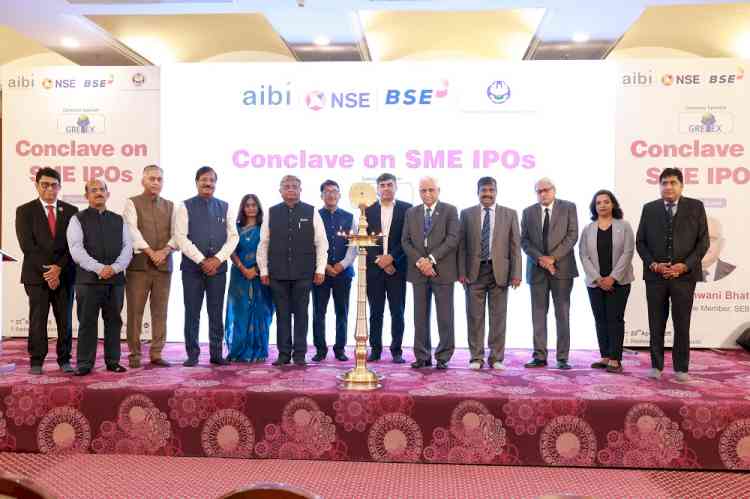Input Tax Credit, being soul of GST compromised
Panel Discussion on Important Changes in GST effective from 1st January 2021, organized by PHD Chamber

New Delhi: Speaking at a Panel Discussion on Important Changes in GST effective from 1st January 2021, organized by PHD Chamber today, Mr. Bimal Jain, Chairman, Indirect Taxes Committee felt that the Input Tax Credit, being the soul of GST, has been compromised in implementing the GST Law. He echoed the sentiments of the industry by mentioning that availing ITC is a mammoth task and extremely cumbersome. He observed that the issue of fake invoice and fake credits has increased since GSTR 2A came into effect from 2019. The GST Return system, he felt has been introduced half-heartedly causing difficulties for the genuine tax payers who want to voluntarily follow the law and pay taxes.
He further added that there are restrictions on claiming ITC pertaining to Invoice/ Debit Notes not uploaded by suppliers or furnished in their GSTR 1 or through IFF, which was initially 20%, subsequently reduced to 10% w.e.f. 1st January 2020 and will now be further reduced to 5% w.e.f. 1st January 2021 in terms of R. 36(4) of the CGST Rules. This is towards on the business to KNOW YOUR SUPPLIER. Rule 86A which came to effect w.e.f. 26 December 2019, envisages blocking of credit and circumventing the right to appeal which is not within the four corners of natural justice, he added. Mr. Jain added that introduction of Rule 86B, w.e.f January 1, 2021 restricting usage of credit in excess of 99% of output tax i.e. 1% need to be paid compulsorily through e-cash ledger are not introduced at appropriate time and creating an atmosphere of uneasiness for trade & industry and should be withdrawn or postponed by the Government.
Earlier Mr. Sanjay Aggarwal, President, PHD Chamber mentioned that since the implementation of GST there have been many instances of frauds due to fake invoicing. There is a need to improve the system as well as the administration to check the frauds. He felt that seamless flow of Input Tax Credit forms the backbone of GST, and any form of restriction on the ITC will be a dampener to the spirit of GST. He observed that any form of amendments should promote voluntary tax compliance, reduce tax litigation, and benefit taxpayers by providing them peace of mind, certainty and savings on account of time and resources that would otherwise be spent on the long-drawn and vexatious litigation process.
Eminent panelists who also addressed on the various important Changes in GST effective from 1stJanuary 2021included Mr. Puneet Bansal, Managing Partner, Nitya Tax Associates; Mr. Tushar Aggarwal, Partner, Tattvam Advisors and Mr. N K Gupta, Senior Executive Director, S S Kothari Mehta & Co. They deliberated on various GST Provisions of the Finance Act, 2020; New grounds for cancellation of registration under GST; Biometric based Aadhaar authentication/verification process for GST registration; Validity of e-way bill; Waiver of late fee for delay in furnishing Form GSTR-4; among other issues.


 cityairnews
cityairnews 









